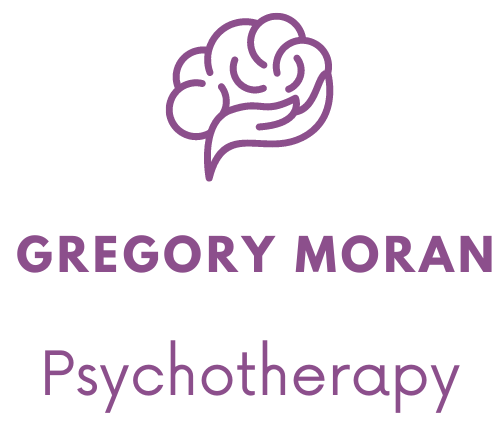Integrative Psychotherapy
Integrative psychotherapy honours the complexity of human experience and seeks to weave together the threads of various therapeutic approaches into a unified whole, fostering healing and growth.
What is Integrative Psychotherapy
Integrative psychotherapy is an approach to therapy that combines elements from different therapeutic modalities and theoretical orientations to create a comprehensive and tailored treatment approach for individuals. Rather than adhering strictly to one specific theoretical framework, integrative psychotherapy draws from various theories, techniques, and interventions to address the unique needs, preferences, and goals of each client.
Key features of integrative psychotherapy include:
- Flexibility: Integrative psychotherapy emphasizes flexibility and adaptability in tailoring treatment to the individual client. Therapists are encouraged to draw from a diverse range of therapeutic approaches and techniques, allowing them to customize treatment based on the client’s presenting concerns, personality, cultural background, and therapeutic goals.
- Holistic Approach: Integrative psychotherapy considers the individual as a whole, taking into account their psychological, emotional, social, cultural, and spiritual dimensions. Therapists address not only the client’s symptoms and immediate concerns but also the underlying factors contributing to their difficulties and their overall well-being.
- Focus on Relationship: Integrative psychotherapy places a strong emphasis on the therapeutic relationship between the client and therapist. The quality of the therapeutic relationship is seen as essential for facilitating healing and promoting positive change. Therapists aim to establish a collaborative, trusting, and empathic relationship with their clients, creating a safe space for exploration and growth.
- Eclectic Approach: Integrative psychotherapy integrates elements from multiple therapeutic modalities, including psychodynamic, cognitive-behavioural, humanistic, existential, relational, and systemic approaches, among others. Therapists may combine techniques such as talk therapy, cognitive restructuring, mindfulness, experiential exercises, and creative interventions to address the diverse needs of clients.
- Emphasis on Client-Centeredness: Integrative psychotherapy is client-centered, meaning that the therapist tailors treatment to the unique needs, preferences, and strengths of the individual client. Therapists collaborate with clients in setting treatment goals, exploring insights, and developing coping strategies, empowering clients to take an active role in their own healing process.
- Promotion of Integration and Wholeness: Integrative psychotherapy aims to promote integration and wholeness within the individual, helping them integrate disparate aspects of themselves, resolve inner conflicts, and develop a coherent sense of identity and self-awareness. Therapists support clients in recognizing and embracing their strengths, values, and authentic self-expression.
Overall, integrative psychotherapy offers a flexible and inclusive approach to therapy that honours the complexity and uniqueness of each individual’s experiences and promotes holistic healing and growth. Therapists trained in integrative psychotherapy draw on their knowledge, skills, and intuition to create a therapeutic approach that is responsive to the diverse needs of their clients.
